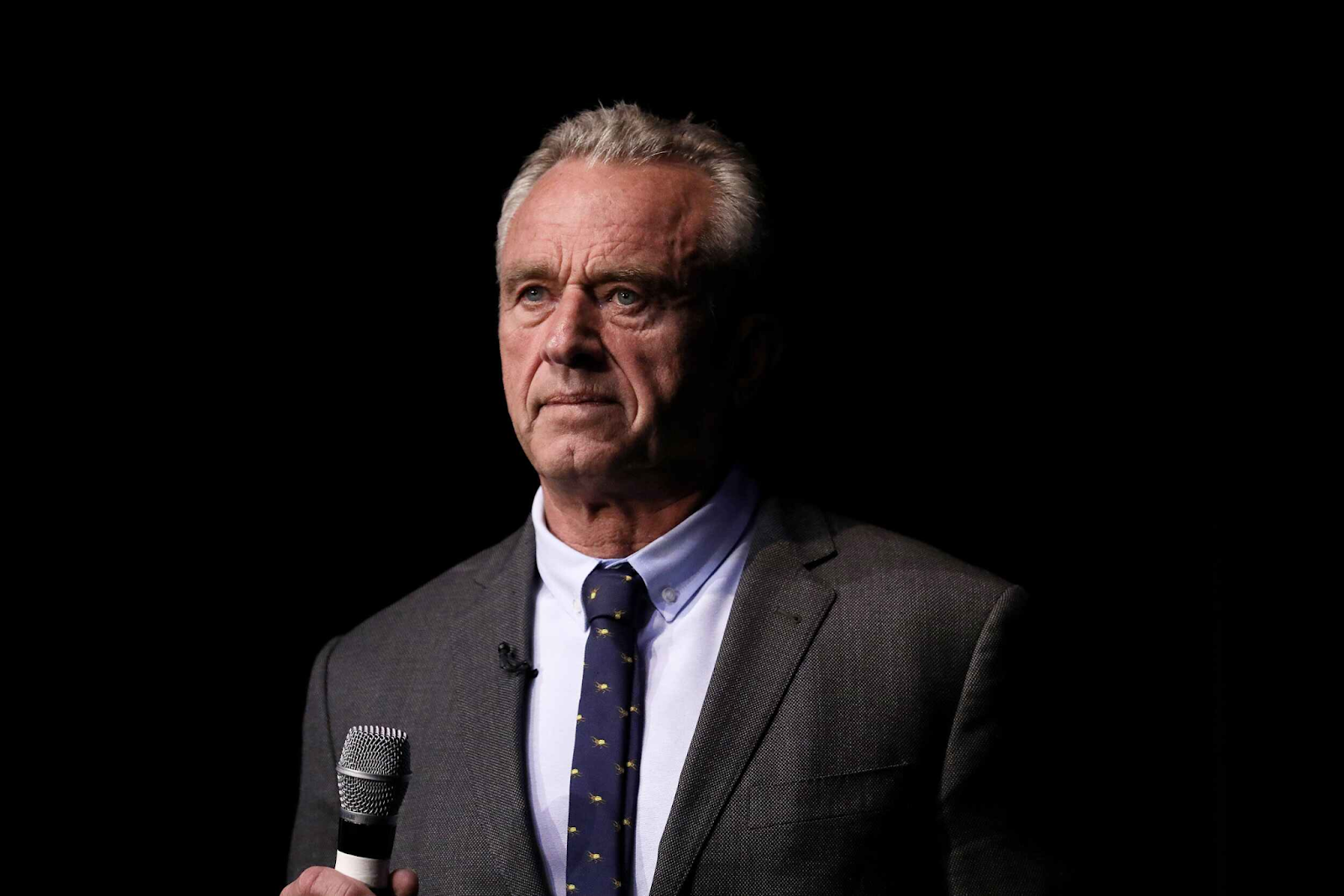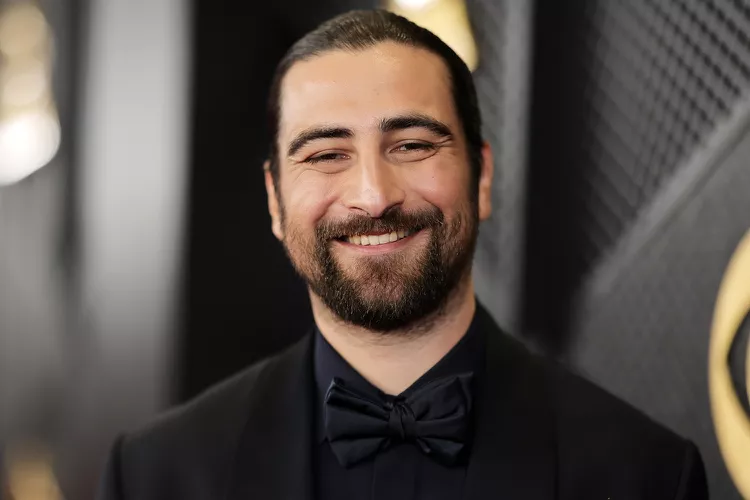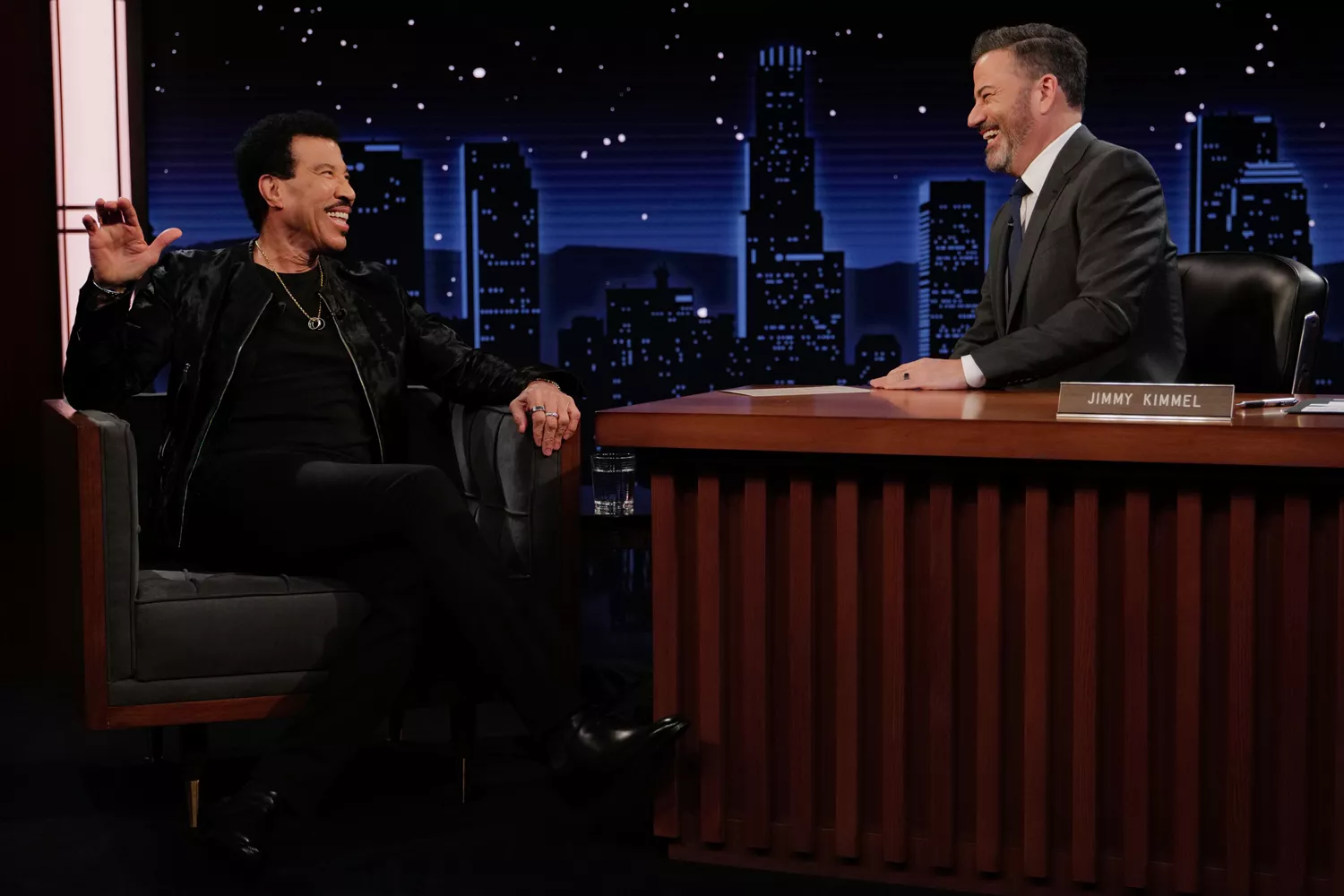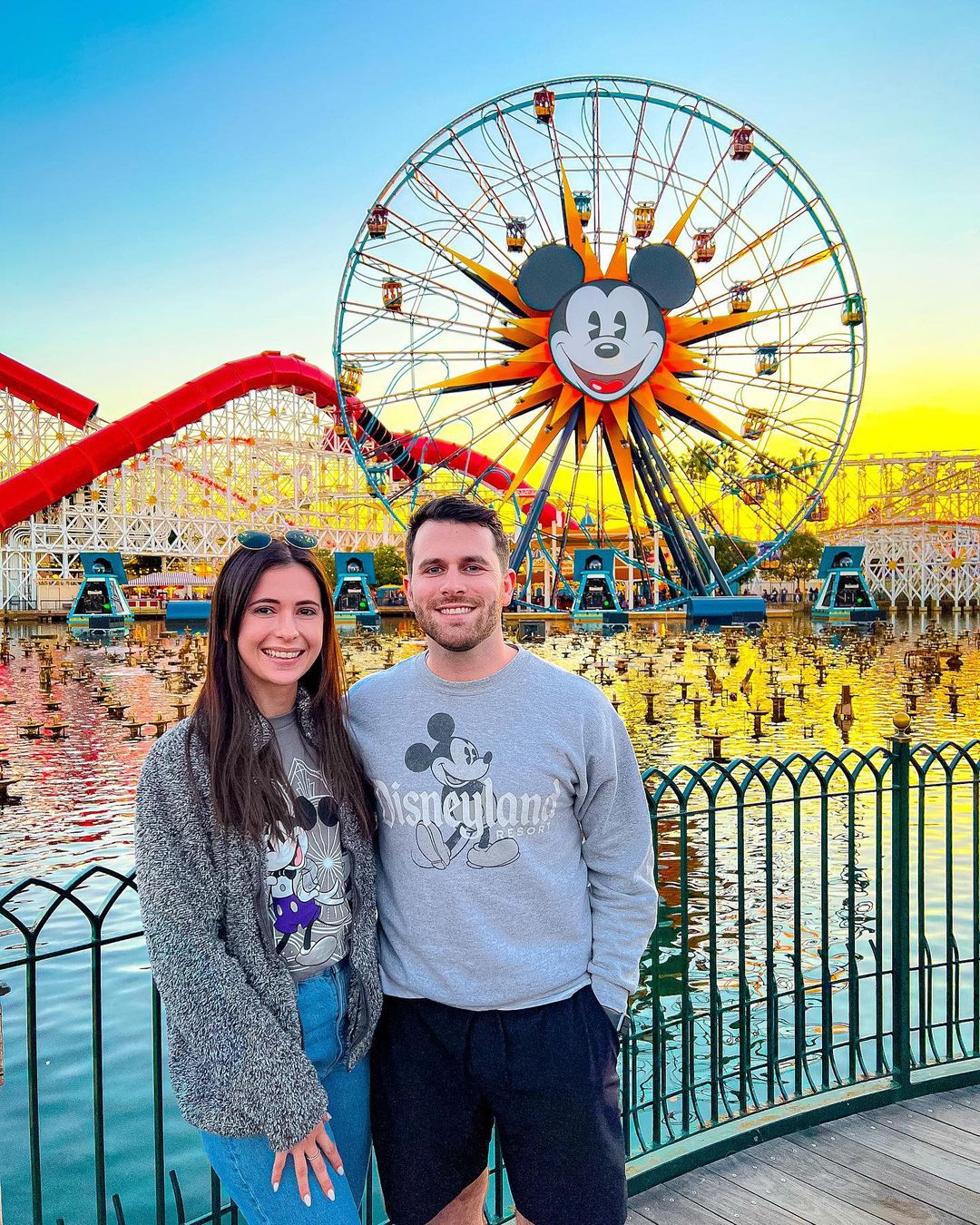Kennedy embarks on a bold journey, aiming to challenge the status quo and bridge America’s political divide.
In a significant turn of events, Robert F. Kennedy Jr. unveiled his exit from the Democratic presidential race, only to reignite his political aspirations through an independent campaign. This announcement, marking his explicit departure from the traditional two-party system, resounded across Philadelphia this Monday.
With the esteemed Independence Hall as his backdrop, Kennedy passionately articulated his mission to dismantle the partisan divide, a feat he attributes to the stronghold of political elites. “I am taking this journey not as a Democrat, but as an American eager to restore power back to the people,” declared Kennedy.
Kennedy’s rhetoric painted a vivid image of the Republicans and Democrats as adolescents in a tussle, heedlessly steering the nation under the influence of lobbyist manipulations. Amidst this chaotic scenario, he envisions himself as a unifying force, one capable of toppling divisive walls and fostering national unity.
Despite the iconic Kennedy lineage and the allure of youthfulness, his Democratic campaign faced hurdles. His stances on vaccines and abortion marked him as an outlier within the party’s mainstream ideologies. Yet, Kennedy’s independent bid echoed with a resonating promise: a disruption to the Biden-Trump duel and the inception of a populist insurgency.
A crowd, eclectic in attire but unified in enthusiasm, converged to witness Kennedy’s impassioned address. His narrative intertwined with recent Gallup findings, where a record 63% of Americans expressed disillusionment with the current parties, beckoning for a third alternative.
Yet, the shadow of history looms, echoing the challenges faced by independent candidates like Ross Perot. Amidst these historical precedents, concerns percolate within Democratic corridors, fearing Kennedy’s potential to undercut Biden’s electoral prospects.
“I stand before you, not as a spoiler, but as a catalyst for transformation,” Kennedy retorted, dismissing partisan apprehensions. He illustrated a poignant departure from his familial Democratic legacy, a decision marked by both gravity and determination.
The familial divide echoed palpably, as prominent Kennedy figures publically disavowed his independent campaign. In contrast, Kennedy underscored the necessity of this radical shift, portraying it as a crucible to transcend the paralyzing partisanship defining contemporary politics.
Kennedy’s campaign, painted with hues of populism and independence, seeks to dismantle corporate influences and the polarizing political climate. It embodies a narrative oscillating between the Trump-esque disruption and a clarion call for unity.
In this intricate dance of political aspirations, Kennedy emerges not encased in the traditional Democratic attire, but adorned with the banner of independence. The unfolding electoral saga, with Kennedy and other independent figures like Cornel West in the fray, heralds an unpredictable yet captivating narrative. Amidst this landscape, the nation watches intently, speculating not just the electoral outcome but the impending trajectory of American politics.








